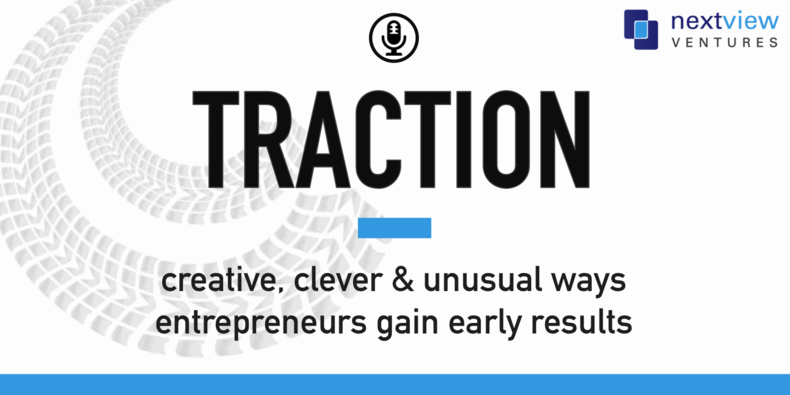Founder Lesson
I remember the first time that someone experienced told me some version of this advice...
"Don't waste your time with that investor...they don't invest in your type of startup."
"Don't waste your time with that investor...they aren't that active."
"Don't waste your time with that investor...they invest in more mature startups."
I suspect that what I thought when I first heard this type of advice is exactly what every first time founder thinks when they hear it...
As the delusional, first time founder you believe in your idea to your core and all investors want to invest in the next Facebook, right?
Fast forward a decade and I find myself giving this exact same advice to first time founders because every minute that you spend with low probability investors is a minute you aren't spending on the business or on high probability investors.
Here's how I think about the main buckets of investors...
Friends & Family - After you've spent the money of the founding team then the next group to ask is close contacts...friends and family members. It's rare for founders to skip this stage because typically - especially in less mature startup towns - every other group will expect the business to have decent traction and that's difficult to get with just the funds from the founders. Friends and family members are investing because of the affinity they have for the founders. It's difficult to even call this a business transaction...it's not really. The business idea and traction are secondary to the personal relationship.
This group will decide whether or not to invest based mainly on their available capital for high-risk investments like this and their affinity for the founders. This group will care the least about traction/product-market fit/growth. As a result of this group is often called "dumb money."
Total funding from this group (in Atlanta) is in the $50-250k range.
Angels - This group is rich strangers who make regular investments into startups in the $10-100k range. You aren't connected with them like friends & family, but they also aren't professional investors who dedicate themselves to investing full-time. In a city like Atlanta I would suspect that there are a few hundred people who regularly do this type of investment into technology startups.
This group will decide whether or not to invest based mainly on initial traction and the quality of the team. Because angels are strangers to you, personal affinity isn't a driver of their decision like your friends & family.
Total funding from this group (in Atlanta) is in the $100k to $1M.
I frequently hear of Atlanta-based founders trying to raise angel capital outside of Atlanta when they don't have traction yet. Typically investors elsewhere will invest in local teams (local to them) if there isn't any traction. Why take such a risk on a remote team when there are many local teams without traction that they can visit easily to pitch-in and help?
Professionals - This is the group that people most often mean when they use the term "investors." These are professional investors with funds for investing in high-risk opportunities. This can be anywhere from seed investors to Series A to growth capital.
When dealing with this group pay particular attention to their investment thesis, categories of investments, prior experience, stages of investment and check sizes.
This group will decide whether or not to invest based mainly on proven traction/growth and team because they need your startup to have a very large exit.
Total funding from this group (in Atlanta) is $1M and above.
If you are a first-time founder I'd encourage you to focus on the right investors for your particular phase. If don't have traction yet, don't waste time with Angels. If you have a little traction, but nothing is growing quickly then don't waste your time with VCs. Or use a little time to feel them out, but quickly move to the appropriate group for your phase.
As a startup founder you are delusional. Delusion is necessary and important for many reasons, but it can cause you to spend too much time with the wrong investors because you just know that the right pitch will get them to write a check. It won't.
This podcast caught my attention when the founder/CEO of a high-growth startup discussed why it's important to focus time with the right investors.
P.S. Fundraising sucks. Even the best founders hate it because the hit rate is so low and it's a distraction from what they love...running the business and serving customers.
Sidenote: If you enjoyed this post, you might like this one as well.
Get Right to the Lesson
I’d recommend listening to the entire thing, but to get right to the point go to minute 6:42 of this podcast.

Thanks to these folks for helping us all learn faster
Jason Robins (@JasonDRobins), co-founder & CEO of DraftKings (@DraftKings)
NextView Ventures (@NextViewVC)
Jay Acunzo (@jayacunzo) of NextView Ventures (@NextViewVC)
Please let me and others know what you think about this topic
Email me privately at dave@switchyards.com or let's discuss publicly at @davempayne.
The best startup advice from experienced founders...one real-world lesson at a time.
